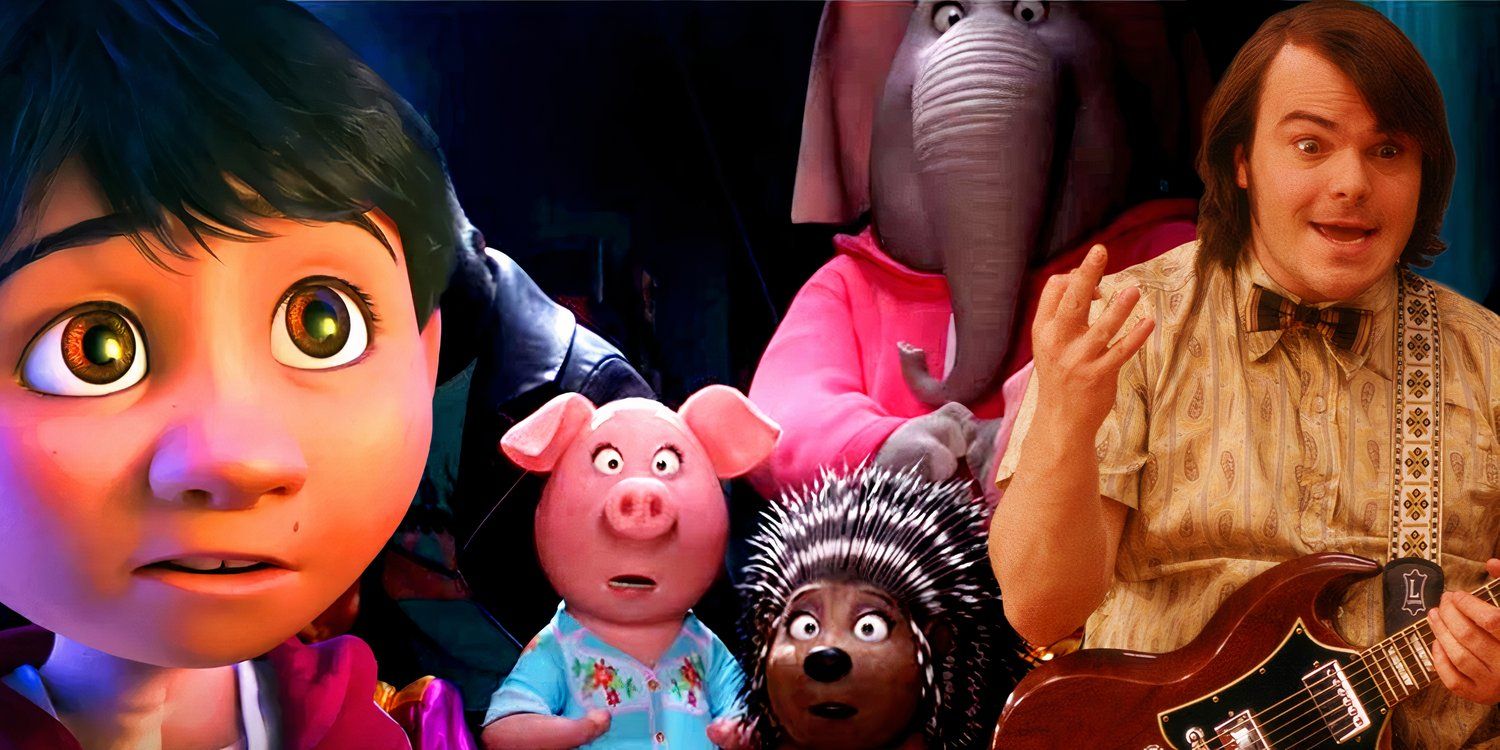Algerian director Merzak Allouache received the Variety International Vanguard Director Award at the Red Sea Film Festival over the weekend, prior to the premiere of his social comedy, “Front Row,” about a feud between matriarchs vying for the best spot at the beach.
Allouache is Algeria’s best-known director, with a career spanning six decades and around 40 feature films that began with “Omar Gatlato” in 1976. His penetrating vision, which blends social drama and comedy, has earned him considerable critical acclaim, including for 2012 Cannes-player “The Repentant,” “The Rooftops,” which premiered in Venice in 2013, and “Divine Wind” (2018).
The helmer talked with Variety about some of the highlights of his career, which followed in the footsteps of local filmmakers who profiled the independence of Algeria in the 1960s. He is now one of the last surviving veterans of the early years of Algerian Cinema.
Now 80 years old, he continues to work with young talent as he aims to capture how young people are progressively adapting to the changes underway in Algerian society.
“I have made some very dramatic films during periods of domestic tension in Algeria, when we had terrorism and lots of bloodshed. It was impossible to make comedies during that period. But I have also directed several behavioral comedies, including my most recent film, ‘Front Row.’”
Allouache says that his 1976 debut film, “Omar Gatlato,” was made during what he calls the Society of the State, when Algeria had a single political party and all directors were employed by the state: “I co-produced several projects with Italian and French filmmakers. I arrived with what was considered at the time to be a small comedy about the lives of young Algerians in 1975, a few years after the liberation.”
The helmer was a firm believer that cinema could have a significant impact on society, but although his early films were screened throughout Algeria, he now bemoans the fact that the country has very few cinemas.
Allouache says that during much of his career, Algerian media has been essentially controlled by the state, primarily concerned with defending the national image. Notwithstanding his international success, he says that Algerian media often tends to ignore him, and so he returns the favor, focusing on building a repertoire of films that will withstand the test of time.
“They want to show an Algeria that is clean, that has no problems, that is serene, where young people are living a very normal life. But when they see my films, they’re actually shocked because I’m telling stories about what’s actually happening. I don’t want to be a Minister of Tourism. That’s not the point. I’m a filmmaker. I tell stories about real situations. For example, the situation shown in my film ‘Front Row’ is not unique to Algeria in terms of what I showed about the beaches. The same things happen in Italy, in Greece, et cetera.”
He explained that the idea for “Front Row” came from observing behavior on the country’s beaches and following social media posts on this issue: “People kept talking about this – the idea of the front row because people could no longer see the sea. I thought that this would be a difficult film to direct, but it is a societal issue because people no longer go to the beach as they used to, with a few drinks and just to enjoy the sea. This conflict actually begins immediately after the end of Ramadan. People go to the beach to have their meals on the beach, with pots and pans. And I thought that this would make a fantastic comedy.”
Allouache explained that Algerian filmmakers face major difficulties in financing their films and that he was only able to complete “Front Row” thanks to the funds provided by the Red Sea festival.
“Very few Algerian movies actually end up going to the festivals. But I know that Arab cinema in general is growing, and there is a lot happening in Egypt, Lebanon, Tunisia, Morocco, Saudi Arabia, Jordan and Kuwait, with a new generation of filmmakers in all these countries.”
He concluded, “It’s a great shame that Algeria, which is such a big country, is not going through the same situation. So I think we must ask ourselves the right questions and solve the production difficulties for our young filmmakers.”









 English (US) ·
English (US) ·